100 Years of Doped Tungsten WireⅠ- Early Attempts at Metallurgy
- Details
- Category: Tungsten Information
- Published on Wednesday, 13 July 2022 18:47
- Hits: 1366
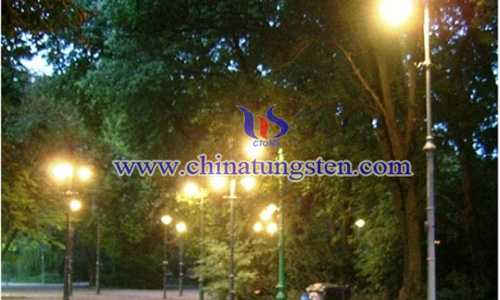
From a historical perspective, William D. Coolidge's development PM process and tool "for making tungsten ductile" in 1909 marked the beginning of the use of tungsten filaments in the lighting industry. William D. Coolidge's development of the PM process and tools to "make tungsten ductile" in 1909 marked a breakthrough in the use of tungsten filaments in the lighting industry and began the modern industrial era of Powder Metallurgy.
Six Tips for Caring and Clearing Tungsten Rings
- Details
- Category: Tungsten Information
- Published on Thursday, 23 June 2022 22:55
- Hits: 1344
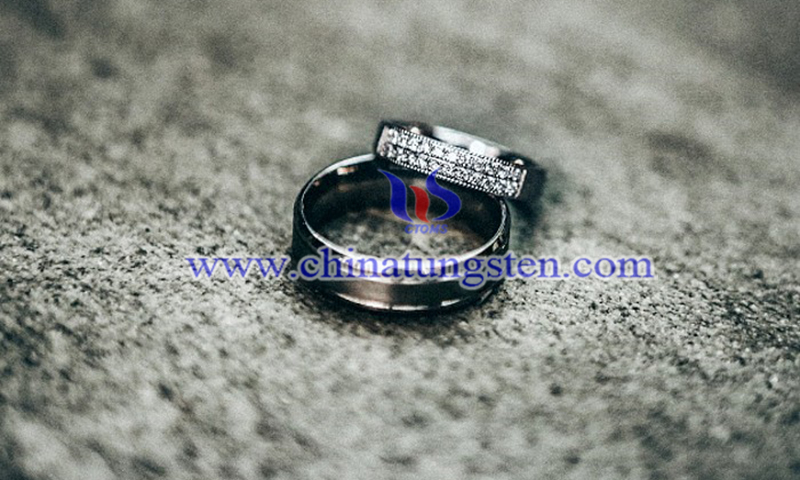
In recent years, tungsten rings have been a popular choice for their durable and scratch-resistant properties. However, they can also lose their luster over time. Below, we will explain how to take care of your tungsten wedding ring.
Atomically MoS2 and WS2 Thin Semiconductors for Nanophotonics
- Details
- Category: Tungsten Information
- Published on Thursday, 23 June 2022 22:47
- Hits: 1201
Atomically thin layers of semiconductors, such as molybdenum disulfide (MoS2) and tungsten disulfide (WS2), are promising materials for nanoscale photonic devices. These nearly two-dimensional semiconductor support so-called excitons or bound electron-hole pairs, which can be aligned vertically along the thin planes of the material.
2D Molybdenum Diselenide and Its Hybrids for Hydrogen Generation Applications
- Details
- Category: Tungsten Information
- Published on Tuesday, 21 June 2022 14:24
- Hits: 1266
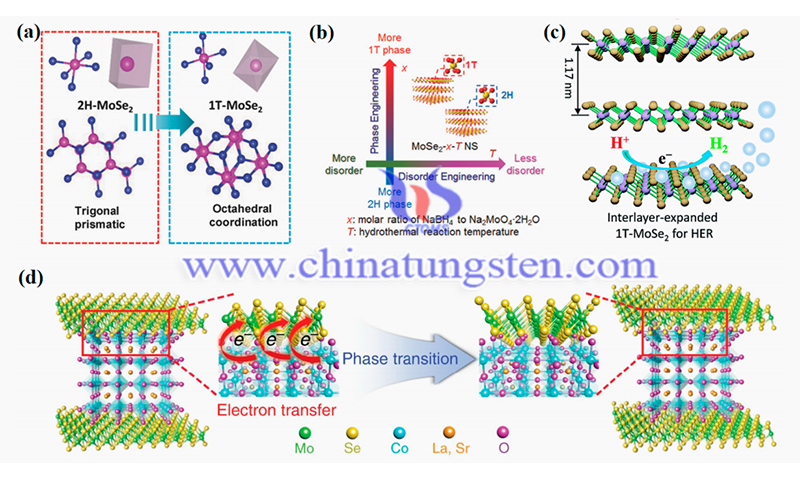
Hydrogen (H2) is a green and economical alternative to conventional fossil fuels due to its zero carbon emission. 2D molybdenum diselenide (MoSe2) hosts significant applications in hydrogen generation due to its low hydrogen adsorption Gibbs free energy and good electrical conductivity. The development of efficient hydrogen evolution reaction (HER) catalysts is of great interest for economical green hydrogen production.
Properties of Titanium/Tungsten/Graphene Oxide Thin Films
- Details
- Category: Tungsten Information
- Published on Monday, 20 June 2022 23:09
- Hits: 1324
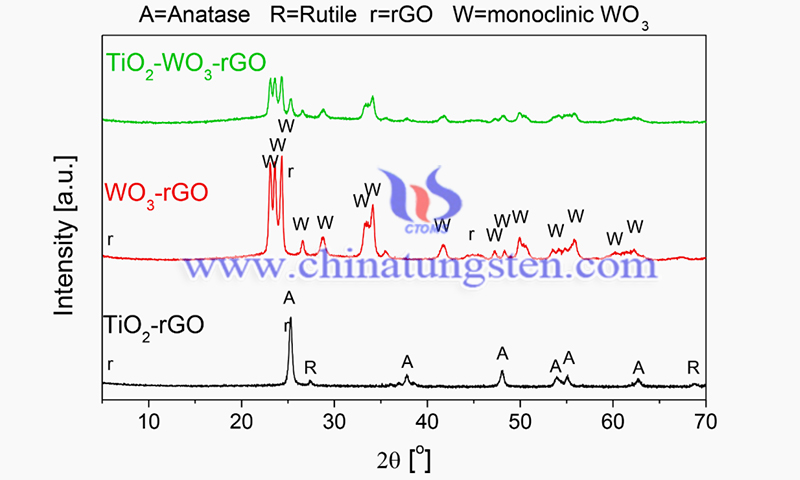
Recent research discusses the optical and self-cleaning properties of composite films titanium/tungsten/graphene oxide thin films. The article, published in Surface and Interface, develops a discussion of the optical properties of photocatalytic titanium dioxide - tungsten trioxide - reduced graphene oxide (TiO2-WO3-rGO) (TWG) and TiO2 films and the feasibility of using these films for different applications, particularly as self-cleaning coatings (SCC).
Application of Tungsten Grinders in Welding
- Details
- Category: Tungsten Information
- Published on Wednesday, 15 June 2022 14:38
- Hits: 1327
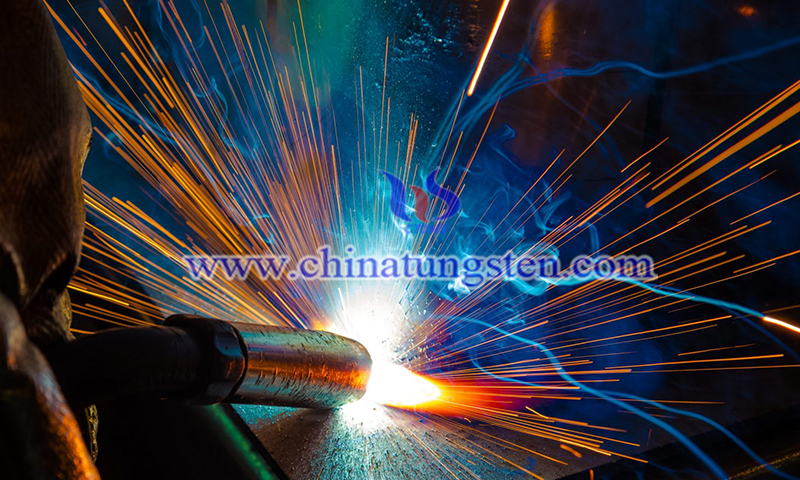
Tungsten grinders usually hold powerful motors and work by using grinding wheels to remove material from metal workpieces. This equipment could be used for grinding, slicing, polishing as well as welding. Since tungsten rod grinders are more robust than other types of grinders, they are also commonly used in the automotive sector.
Hydrogen-Impurity Induced Magnetism in Molybdenum Ditelluride
- Details
- Category: Tungsten Information
- Published on Monday, 13 June 2022 23:59
- Hits: 1210
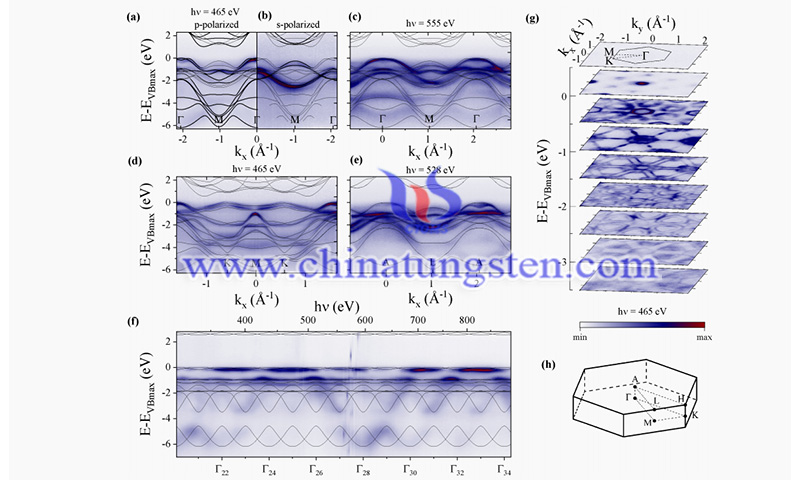
A recent study demonstrates hydrogen-impurity induced magnetism in molybdenum ditelluride (MoTe2). Layered transition-metal dichalcogenides (TMDs) are a promising class of materials with optoelectronic, superconducting, catalytic, and topological properties. In TMDs, the polymorphic MoTe2 exhibits various electronic and magnetic properties. Its metallic 1T' phase turns into a Td phase at ≈250 K. The latter is a topological Weyl semimetal with unconventional superconductivity at low temperatures.
Replacing Lead Oxide with Tungsten Trioxide Improves the Performance of Photovoltaic Front Silver Paste
- Details
- Category: Tungsten Information
- Published on Wednesday, 01 June 2022 14:00
- Hits: 1164
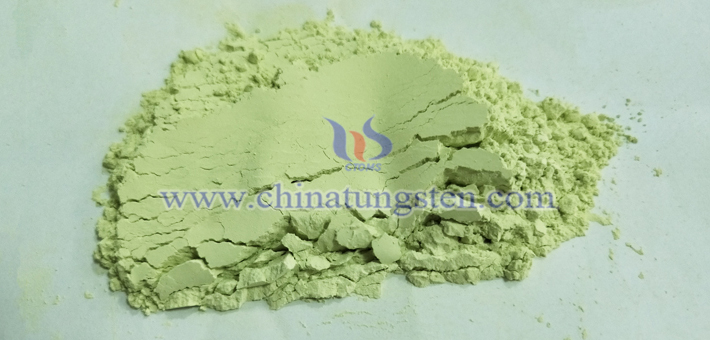
The silver paste for the front electrode of solar cells is one of the main raw materials that affect the electrical properties of solar cells. The photovoltaic front silver paste is mainly composed of three parts: conductive phase, organic term and inorganic term.
Synthesis and Characterization of Molybdenum Carbide Catalysts on Different Carbon Supports
- Details
- Category: Tungsten Information
- Published on Thursday, 05 May 2022 22:51
- Hits: 1208
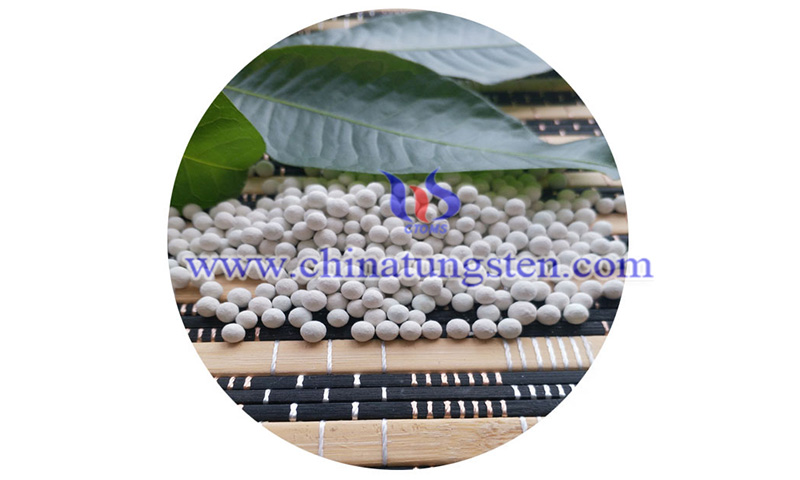
The synthesis and characterization of molybdenum carbide catalysts on different carbon supports were investigated by researchers from Henan Polytechnic University. Molybdenum carbide was prepared by carburization of ammonium molybdate on cellulose, g-C3N4, MWCNTs, and sodium lignosulfonate without using any gaseous carbon source. In addition, the formation of molybdenum carbide was investigated in depth by in situ characterization using a simultaneous thermal analyzer-quadrupole mass spectrometry system.
Nucleation and Epitaxy of Bilayer Molybdenum Disulfide on Sapphire
- Details
- Category: Tungsten Information
- Published on Thursday, 05 May 2022 22:47
- Hits: 3954
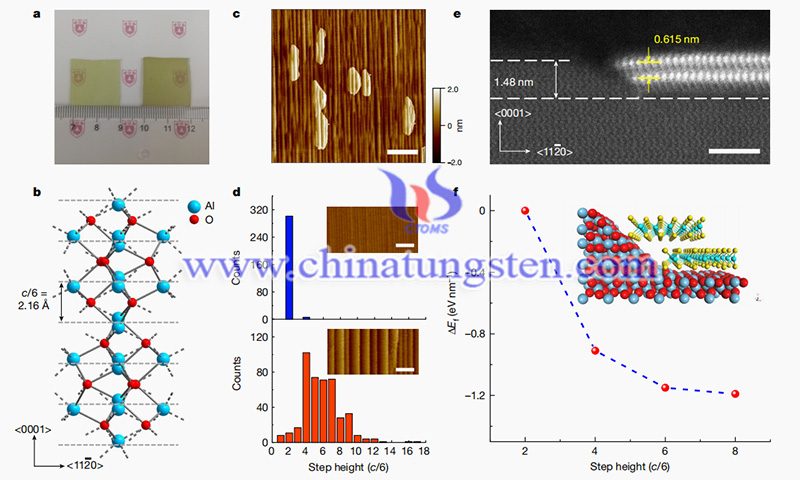
A study conducted mainly by researchers at Nanjing University reports the uniform nucleation (>99%) of bilayer molybdenum disulfide (MoS2) on c-plane sapphire. Two-dimensional transition-metal dichalcogenides (TMDs) are of interest to researchers in the field of electronics. It is believed that the combination of good electrostatic control, smaller bandgap, and higher mobility than single-layer TMDs has the potential to improve the power-delay products of transistors. However, despite the progress made in the growth of single-layer TMDs, multilayer controlled epitaxial growth remains a challenge.



 sales@chinatungsten.com
sales@chinatungsten.com